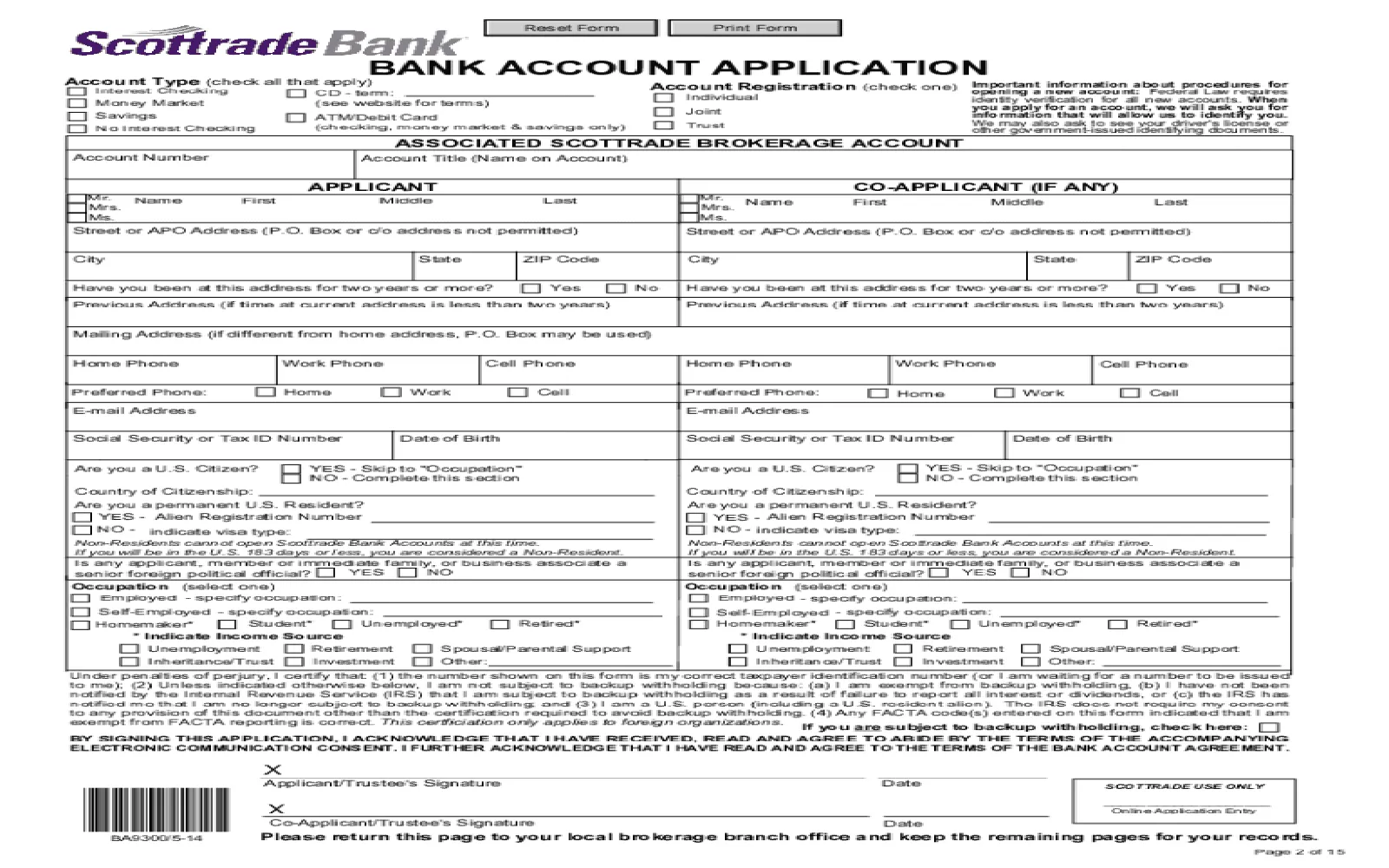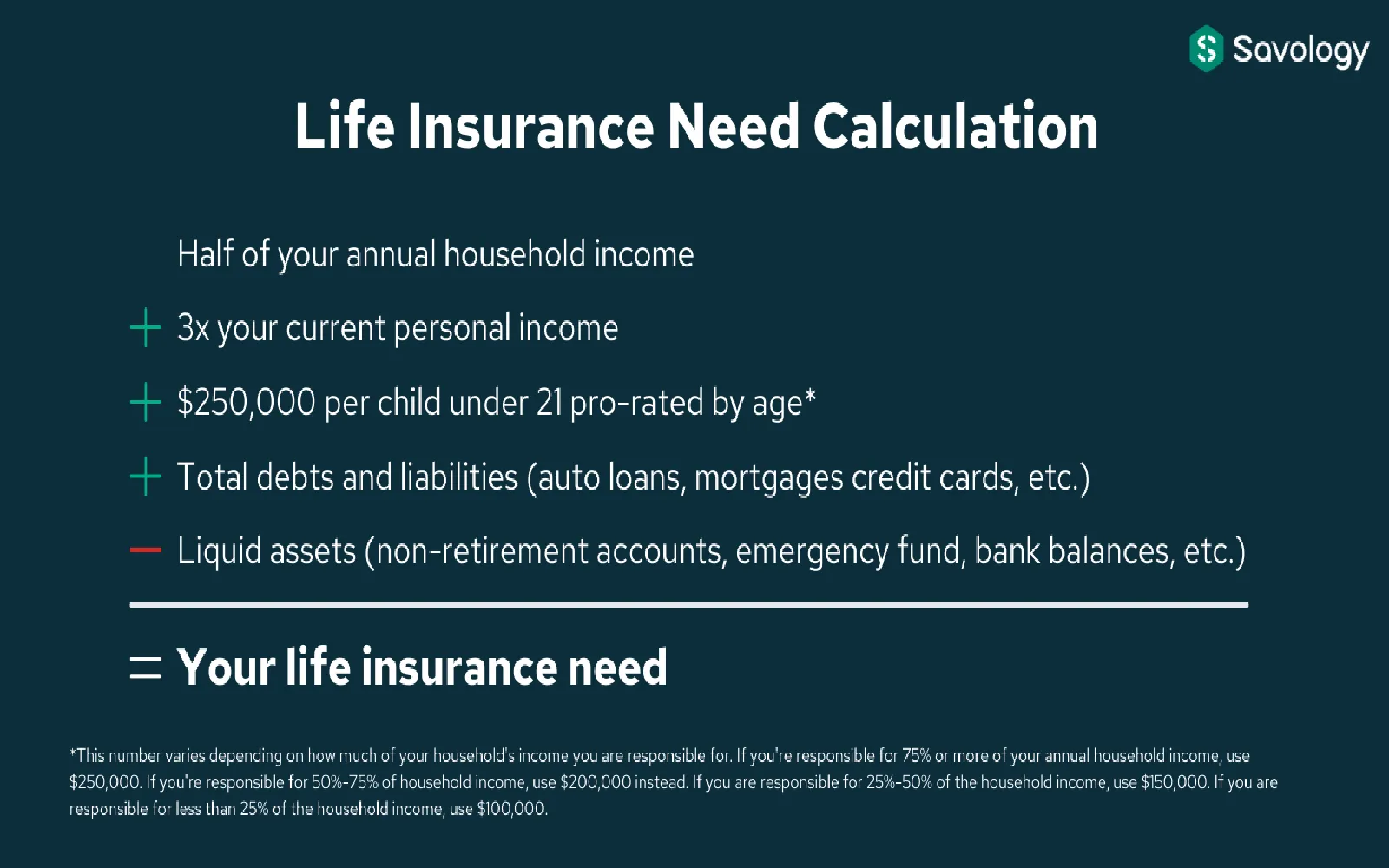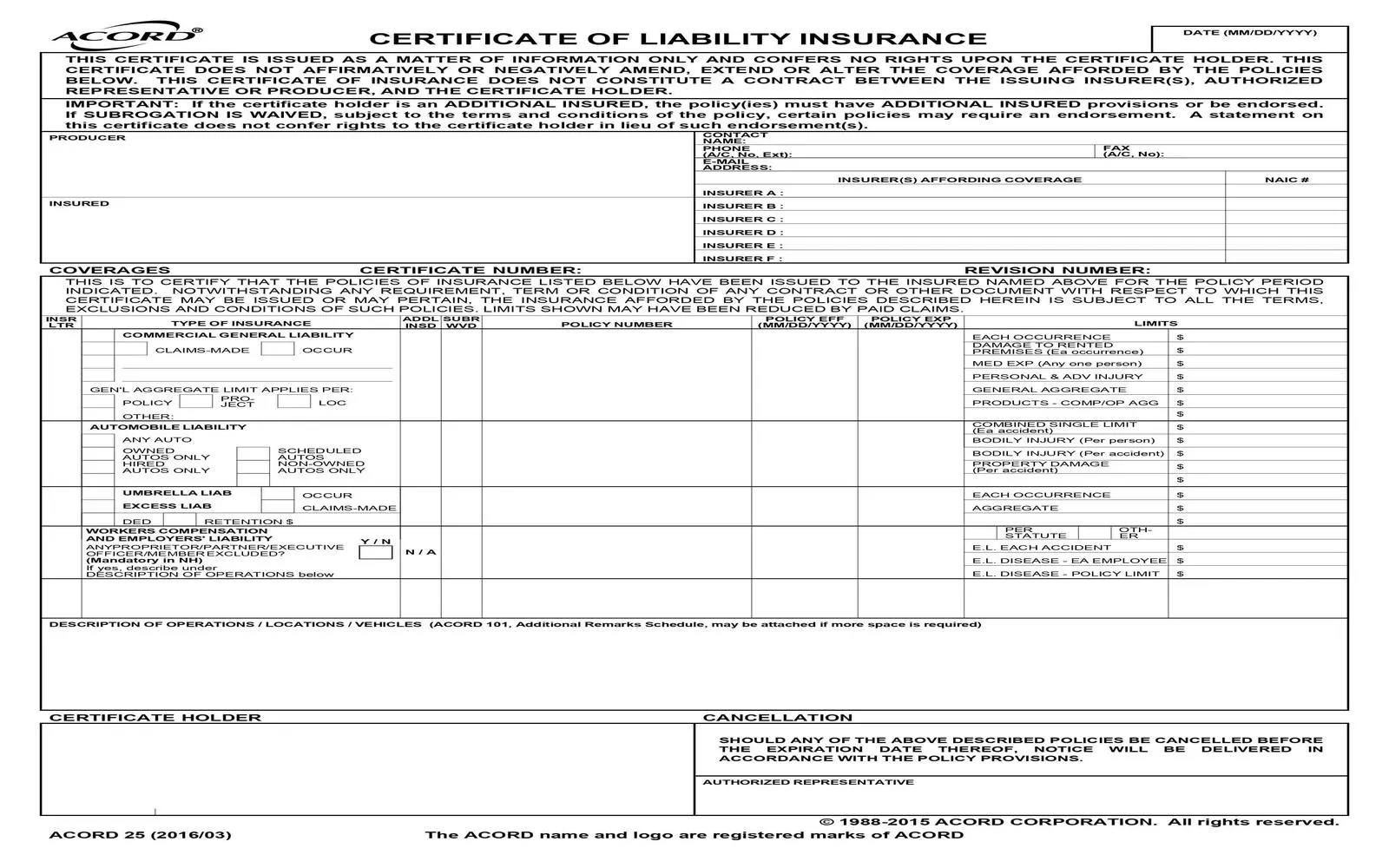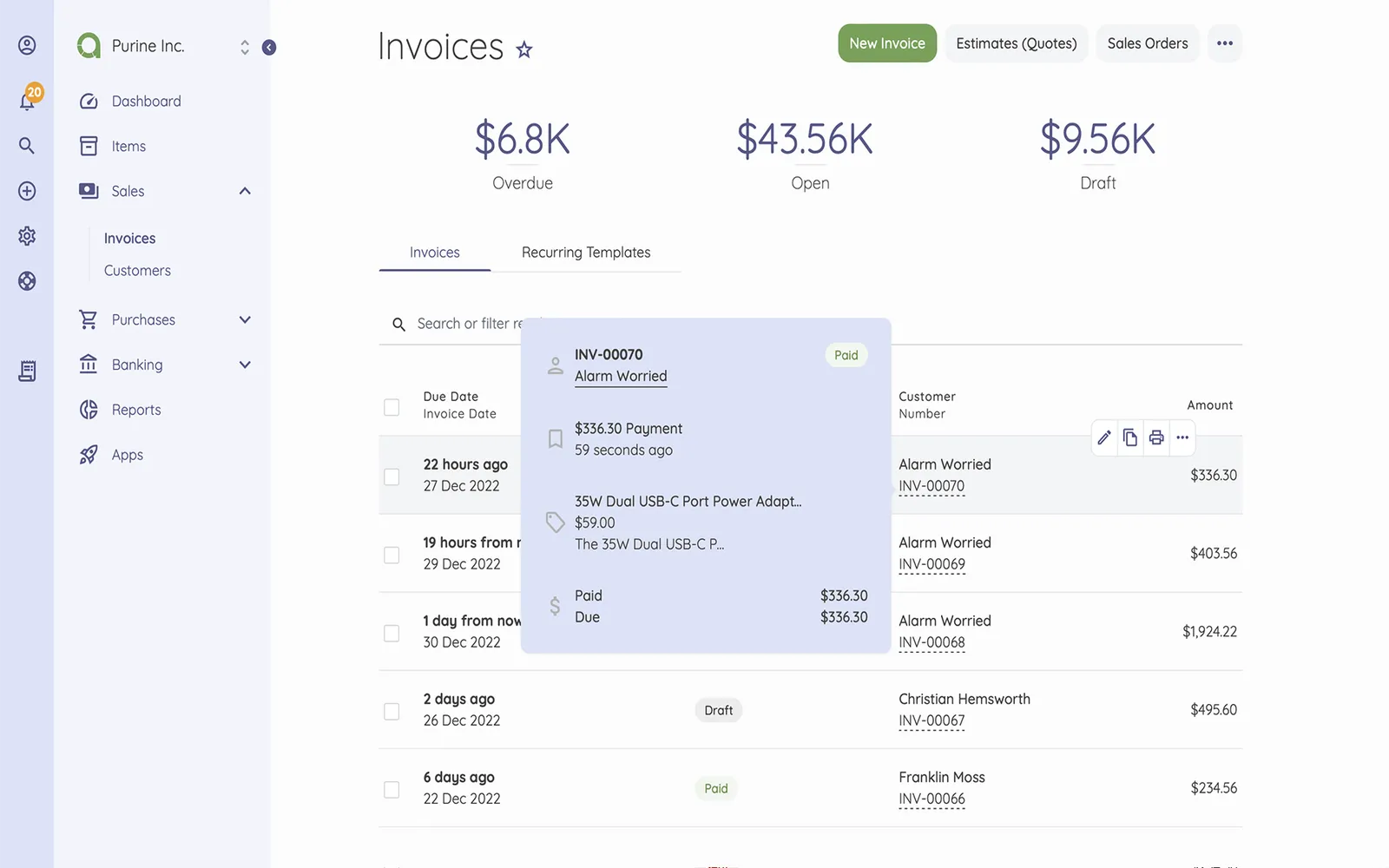When it comes to securing your health and financial stability, understanding health insurance is crucial, especially for small business owners. This guide aims to provide essential insights into health insurance for small businesses, helping you navigate the complexities of coverage options and making informed decisions. Below, we’ll explore key considerations, types of plans available, and tips for finding the right coverage.
Understanding Health Insurance Options
For small businesses, selecting the right health insurance plan can be overwhelming due to the variety of options available. Here are the main types of plans you should consider:
- Health Maintenance Organization (HMO): These plans typically require members to choose a primary care physician (PCP) and get referrals for specialists. HMOs often have lower premiums but less flexibility in choosing healthcare providers.
- Preferred Provider Organization (PPO): PPOs offer more flexibility in choosing healthcare providers and do not require referrals. However, they often come with higher premiums and out-of-pocket costs.
- Exclusive Provider Organization (EPO): EPOs combine features of HMOs and PPOs, offering a network of providers without requiring referrals. However, they will not cover out-of-network care except in emergencies.
- High Deductible Health Plans (HDHP): These plans typically have lower premiums and higher deductibles. They are often paired with Health Savings Accounts (HSAs) that allow you to save for medical expenses tax-free.
Key Considerations for Small Businesses
When selecting health insurance for small businesses, consider the following factors:
- Budget: Determine how much your business can afford to spend on premiums, deductibles, and out-of-pocket expenses. It's important to strike a balance between affordability and coverage.
- Employee Needs: Understand the health needs of your employees. Consider conducting a survey to gauge their preferences regarding coverage options and healthcare services.
- Legal Requirements: Be aware of the legal requirements for providing health insurance to your employees. The Affordable Care Act (ACA) mandates that businesses with 50 or more full-time employees offer health coverage or face penalties.
- Plan Flexibility: Look for plans that offer flexibility in choosing providers and accessing care, as this can significantly impact employee satisfaction and health outcomes.
Cost of Health Insurance for Small Businesses
The cost of health insurance can vary widely based on factors such as location, number of employees, and the specific plans chosen. Below is a chart that illustrates the average cost of health insurance plans for small businesses in the United States:
| Type of Plan | Average Monthly Premium (Individual) | Average Monthly Premium (Family) |
|---|---|---|
| HMO | $400 | $1,100 |
| PPO | $450 | $1,300 |
| EPO | $430 | $1,200 |
| HDHP | $350 | $1,000 |
Finding the Right Health Insurance Plan
To ensure you select the right health insurance plan for your small business, follow these steps:
- Research Providers: Identify reputable insurance providers that offer plans suited to your business needs. Look for reviews and ratings from other small business owners.
- Compare Plans: Use online comparison tools to evaluate different plans based on coverage, premiums, deductibles, and network availability.
- Consult Professionals: Consider working with a health insurance broker who specializes in small businesses. They can help you navigate the options and find the best coverage at the best price.
- Evaluate Annual Changes: Health insurance plans may change annually. It’s vital to review your plan each year to ensure it still meets your business's and employees' needs.
Conclusion
Mastering health insurance is essential for protecting both your health and finances. By understanding the various options available, considering your unique needs, and carefully comparing plans, you can provide valuable coverage for your employees while keeping your business financially secure. Remember, investing in health insurance for small businesses is not just a legal obligation; it’s also a way to promote a healthy work environment, boost employee morale, and ultimately contribute to the growth and success of your business.









